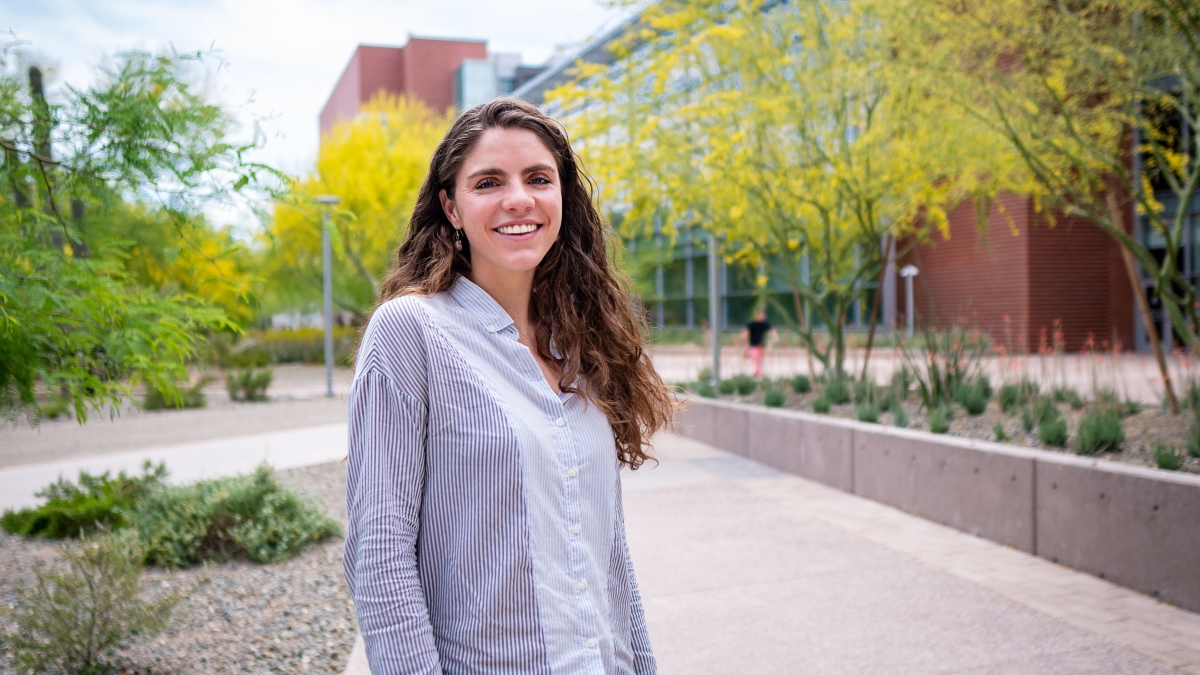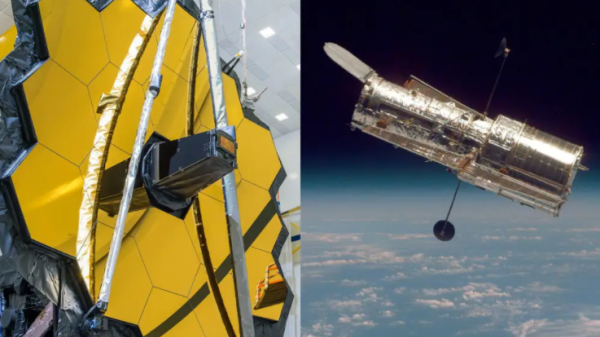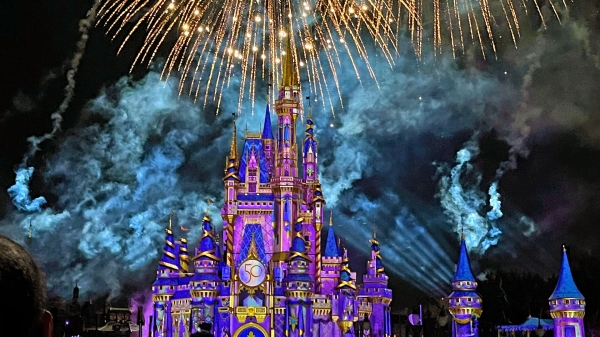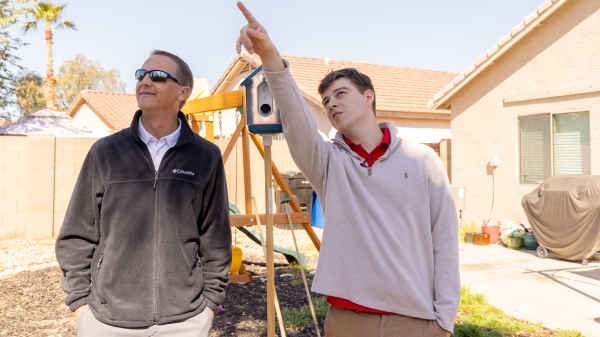Linking problem drinking behaviors to impulsivity
ASU psychology student wins NSF fellowship for doctoral research

Psychology student Lyndsay Campbell wins National Science Foundation fellowship. Photo by Robert Ewing
When recent graduate Lyndsay Campbell transferred to Arizona State University in 2017, she also started a part-time job. Her work, as the assistant to the program coordinator for AmeriCorps at ASU, would be the seed for a proposal she wrote as a senior to the National Science Foundation (NSF). In April, Campbell found out her proposal was selected for a fellowship that will fund doctoral work in psychology at ASU.
The NSF’s Graduate Research Fellowship Program covers tuition and gives recipients a stipend for three years. Campbell is the third ASU psychology student to receive the fellowship in as many years.
With AmeriCorps, Campbell worked on ways to increase academic engagement at local Title I schools. In her NSF proposal, she wrote about how eye-opening it was to begin to understand the impact that early life experiences had on how students performed in school.
“Having an adverse experience in childhood dramatically increases the probability of having negative outcomes — like addiction or homelessness — as an adult. At AmeriCorps, I worked to include trauma sensitivity training into our programs,” Campbell said. “In graduate school I want to continue this type of work, but from a neuroscience perspective. I want to study how childhood experiences link to problem behavioral patterns like substance abuse.”
Campbell’s graduate work will bridge two labs in the ASU Department of Psychology: the Social Addictions Impulse Lab led by Julie Patock-Peckham and the Decision Neuroscience Lab led by Samuel McClure.
Patock-Peckham’s lab studies what causes alcohol use disorders in adulthood, and Campbell will focus on how childhood trauma affects the decisions people make about alcohol. She will look at the relation between adverse experiences in childhood and impulse control in college students.
“Lyndsay is a brilliant student who is interested in just about everything associated with making healthy and unhealthy choices. When she worked in my lab as a research assistant, we had several spontaneous conversations about how victims of trauma in early life often have difficulties with self-control and self-regulation, especially related to alcohol,” said Patock-Peckham, assistant research professor of psychology. “Lyndsay linked problems with impulsivity to the work on decision-making happening in the McClure lab. Our chats led to the proposed experiments in her GRFP application and a collaboration between SAIL and the Decision Neuroscience Lab.”
Campbell will examine the relation between childhood trauma and impulse control when drinking alcohol in a new way: through the lens of neuroscience. With McClure, she will use neuroimaging methods to study the brain circuits involved in impulsivity.
“The technology used in neuroscience lets you ask complex questions,” Campbell said. “Exploring the neural basis of why people make the choices they do could lead to more effective interventions.”
Work from the McClure lab has shown that when people make choices that are less impulsive, an area of the brain called the prefrontal cortex — located just behind the forehead — is very active. The Decision Neuroscience Lab has also shown that structural differences in the prefrontal cortex predict how impulsive people are in general. Campbell wants to test whether such structural differences are linked to the choices people make about how much alcohol to drink.
“Lyndsay’s interests lie right at the forefront of what we can do using neuroscience tools to study the human brain. We have a new ability to measure differences in how people’s brains are connected and how different parts of the brain interact as people make decisions. Lyndsay will be applying these methods to better understand a really important problem in society,” said McClure, associate professor of psychology.
About the same time she was writing her GRFP proposal, Campbell was also applying to graduate school. She said the decision to apply to ASU was easy because of her undergraduate experience.
“ASU has so many opportunities for undergraduate students to volunteer in different labs, and that really guided my choice. I could see myself doing the research at the graduate level, excelling in the program, and having the tools and resources to answer the questions I want to study,” Campbell said. “My interests are also interdisciplinary, and I feel right at home at ASU, which has a culture of promoting interdisciplinary research.”
More Science and technology

Celebrating 34 years of space discovery with NASA
This year, NASA's Hubble Space Telescope (HST) is celebrating its 34th anniversary of the world's first space-based optical…

Making magic happen: Engineering and designing theme parks
The themed entertainment industry is widespread and diverse, encompassing everything from theme parks to aquariums, zoos, water…

AI-equipped feeders allow ASU Online students to study bird behavior remotely
ASU Online students are participating in a research opportunity that's for the birds — literally. Online Bird Buddies is a…